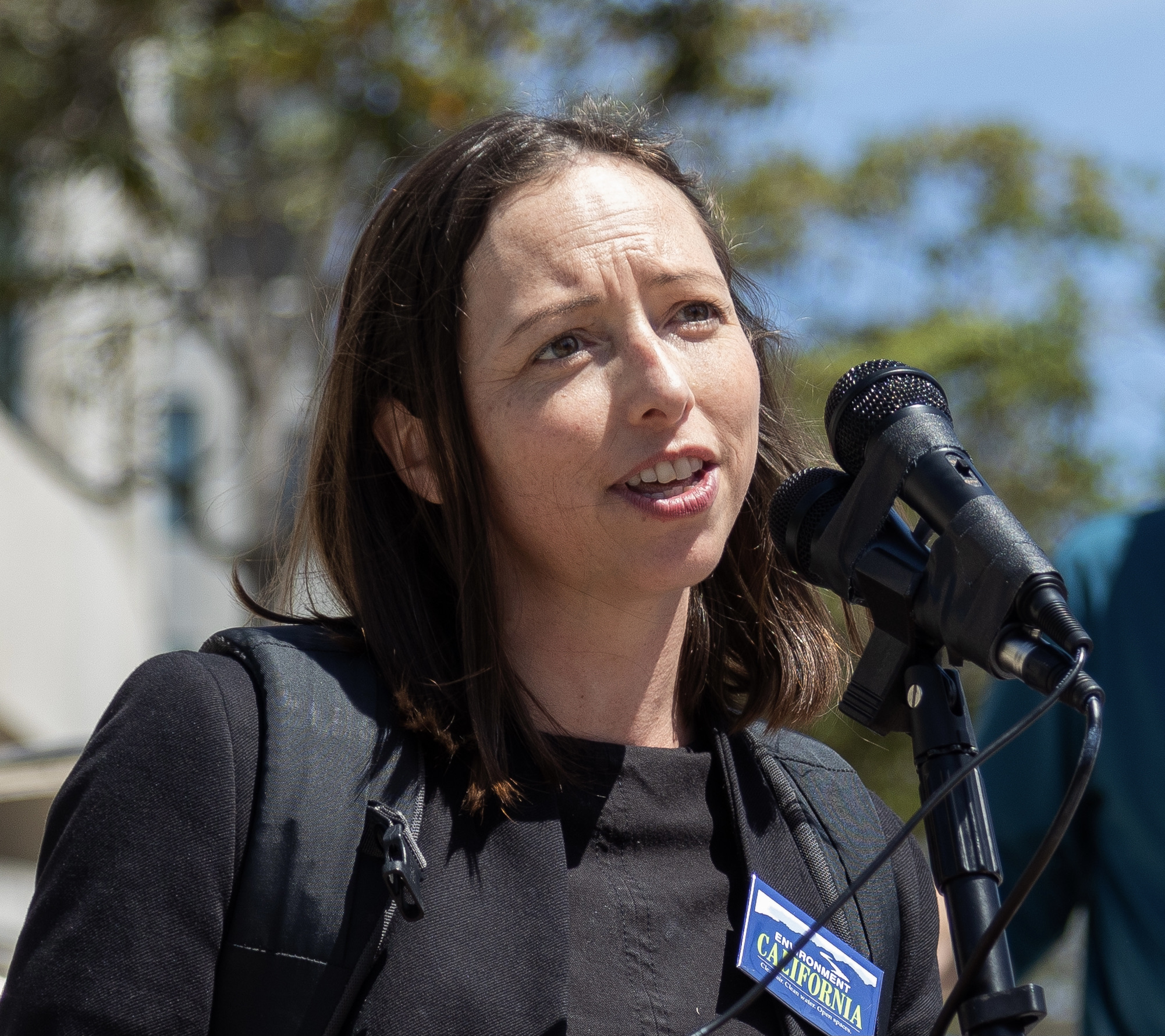
This 4th of July, Hold the Antibiotics
Its almost July 4th, and soon Californians from San Diego to Redding will gather to watch fireworks and enjoy the peak of summer. Most of us will eat a barbecued meal with family and friends as well — the Fourth is the number one grilling event of the year. Here are some key things to know to protect your health when you’re preparing your holiday barbecue.
Its almost July 4th, and soon Californians from San Diego to Redding will gather to watch fireworks and enjoy the peak of summer. Most of us will eat a barbecued meal with family and friends as well — the Fourth is the number one grilling event of the year. Here are some key things to know to protect your health when you’re preparing your holiday barbecue.
Much of the meat sold in the United States comes from animals raised with the routine use of antibiotics. That means producers often give the drugs to animals that aren’t sick to prevent disease brought on by unsanitary, overcrowded conditions and other outdated production practices. That routine antibiotic use breeds “superbugs,” bacteria that can cause infections that are difficult, and sometimes impossible, to treat in people. These bacteria travel off farms and into communities via food itself and environmental factors as well.
The Centers for Disease Control and Prevention estimates that about 1 in 5 antibiotic-resistant infections in humans are caused by germs from food and animals. Health experts, including the World Health Organization andAmerican Academy of Pediatrics, are calling for an end to the routine use of antibiotics in food-producing animals because of the risks posed to human health.
Purchasing meat raised without routine antibiotics can help reduce your exposure to potentially harmful bacteria.
The good news is that we have a lot more choices here in California than we ever have before. Thanks to legislation that passed a few years ago, starting this year animals raised for meat in California can no longer be given antibiotics on a routine basis. You can visit http://www.eatwild.com to find farmers in your area who raise animals without misusing antibiotics.
And not just in California but all across the country the chicken industry in particular is transitioning away from routine antibiotic use. After hearing from its customers, Perdue Farms — the fourth-largest U.S. chicken producer, phased the use of antibiotics important to human medicine out of nearly its entire production system. Tyson Foods, the largest chicken producer in the country, followed suit shortly afterward when some of its biggest customers, including McDonald’s, said they wanted chicken raised without misusing life-saving medicines. We estimate that about half of the U.S. chicken industry is on track to no longer raise birds with the routine use of medically important antibiotics soon.
Beef and pork are a different story. According to the latest data from the Food and Drug Administration, beef producers purchase 43 percent of the medically-important antibiotics sold for food production, with pork producers trailing close behind at 37 percent. Although beef and pork products raised without routine antibiotics are not as prevalent as chicken, you can find responsibly raised meat in most places. Companies including Niman Ranch, Ranch Foods Direct, and Applegate sell meat from animals raised without misusing the drugs.
You can help change the industry, by choosing to not buy meat from companies contributing to the crisis of antibiotic resistance. Consumer Reports has some great resources for how to navigate labels to ensure that you’re purchasing meat raised without routine antibiotics. You can also visit the Antibiotic Resistance Action Center resource page at the George Washington University for some helpful tips in protecting your family from potentially-harmful bacteria on the meat you’re cooking.
Don’t just focus on fireworks safety this July 4th — focus also on food safety. And the best way to start is keeping meat raised with routine antibiotics off your grill.
Authors
Laura Deehan
State Director, Environment California
Laura directs Environment California's work to tackle global warming, protect the ocean and fight for clean air, clean water, open spaces and a livable planet. Laura stepped into the State Director role in January, 2021 and has been on staff for over twenty years. She has led campaigns to make sure California goes big on offshore wind and to get lead out of school drinking water. As the Environment California Field Director, she worked to get California to go solar, ban single use plastic grocery bags and get on track for 100% clean energy. Laura lives with her family in Richmond, California where she enjoys hiking, yoga and baking.